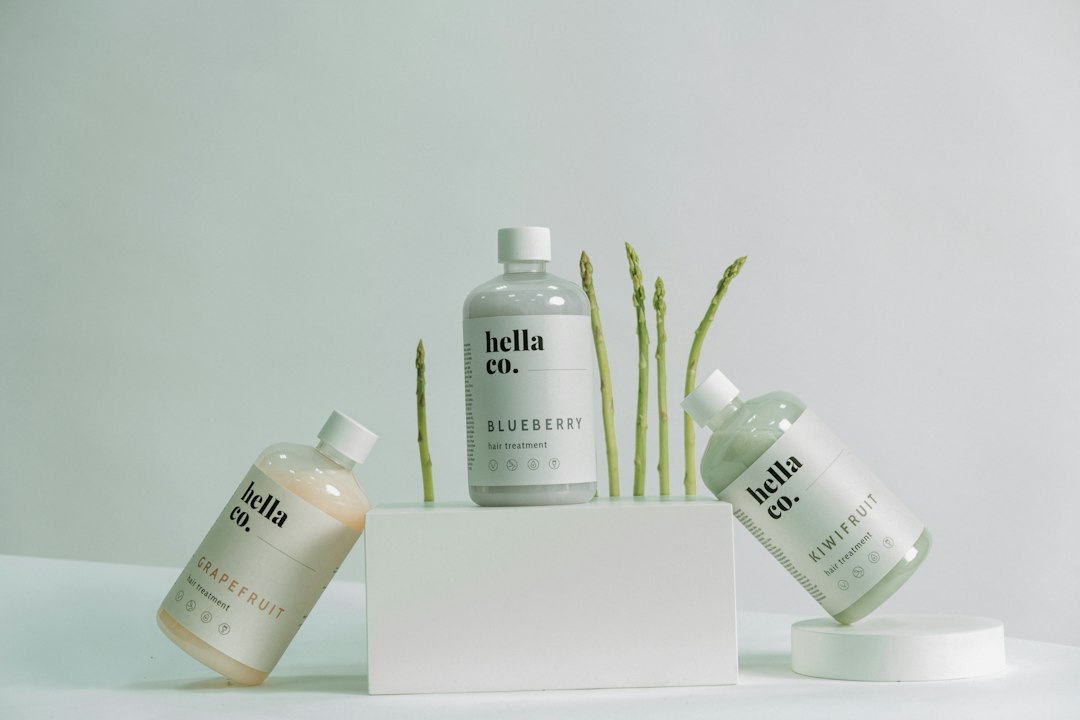Expert Tips for Preventing and Treating Acne Breakouts
Acne breakouts can be a frustrating and confidence-damaging experience for many individuals. Whether you are a teenager or an adult, dealing with acne can be a persistent challenge. However, with the right knowledge and approach, it is possible to prevent and effectively treat acne breakouts. In this blog post, we will discuss some expert tips that can help you in your battle against acne.
1. Stick to a Consistent Skincare Routine:
Establishing a consistent skincare routine is a fundamental step in preventing and treating acne breakouts. Start by cleansing your face twice a day with a gentle cleanser, specifically formulated for acne-prone skin. Avoid using harsh soaps or scrubbing too vigorously, as this can irritate the skin and worsen acne. After cleansing, apply an oil-free moisturizer to keep your skin hydrated without clogging pores. Make sure to choose products that are labeled non-comedogenic, meaning they won’t block pores, and avoid using too many products at once to prevent overwhelming your skin.
2. Avoid Touching Your Face:
One of the most common mistakes people make is frequently touching their face with their hands. Our hands come into contact with numerous bacteria and impurities throughout the day, and transferring them onto the face can exacerbate acne breakouts. Additionally, touching your face can spread more oil and sebum, leading to clogged pores. Therefore, make a conscious effort to avoid touching your face, especially if your hands aren’t freshly washed.
3. Keep Your Hair Off Your Face:
If you have long hair, it’s essential to keep it away from your face as much as possible. Hair contains oil and can pick up dirt and bacteria throughout the day, which can easily transfer onto your face. Tie your hair back, use a headband, or wear your hair in a style that keeps it away from your face to minimize the risk of clogged pores and acne breakouts.
4. Maintain a Healthy Diet:
It may come as a surprise, but what you eat can significantly impact your skin health. A diet high in processed foods, sugary snacks, and unhealthy fats can contribute to the development of acne. To prevent acne breakouts, focus on consuming a balanced diet rich in fruits, vegetables, whole grains, lean proteins, and healthy fats. Drink plenty of water to keep your skin hydrated and flush out toxins. While chocolate and greasy foods have long been blamed for acne, the evidence surrounding their direct link is weak. However, each person’s skin reacts differently, so it may be worth paying attention to any triggers that seem to worsen your acne.
5. Avoid Picking and Popping:
Although it may be tempting, avoid picking or popping your acne. This can lead to inflammation, scarring, and even more breakouts. When you squeeze a pimple, you are pushing the bacteria and debris deeper into the skin, causing more harm than good. Instead, treat the affected area with over-the-counter acne products containing benzoyl peroxide or salicylic acid. These ingredients can help unclog pores and reduce inflammation.
6. Regularly Change Your Pillowcase:
Sleeping on the same pillowcase for an extended period can lead to the accumulation of bacteria, oil, and dead skin cells. These can transfer back onto your face, potentially leading to acne breakouts. Aim to change your pillowcase every two to three days to minimize the bacterial load on your skin and keep it clean.
7. Don’t Overdo It:
Sometimes, in our desperation to get rid of acne, we tend to overdo our skincare routines. However, this can strip the skin of its natural oils and cause dryness, redness, and irritation. Avoid using too many acne-fighting products at once and be gentle with your skin. It’s important to give your skin time to adjust and heal itself naturally.
In conclusion, preventing and treating acne breakouts requires a combination of consistent skincare, healthy lifestyle choices, and good hygiene practices. Remember to be patient, as it may take time to see results. Consulting with a dermatologist is highly recommended, especially if your acne is severe or persistent. By following these expert tips, you can take control of your skin health and minimize the impact of acne on your life.

